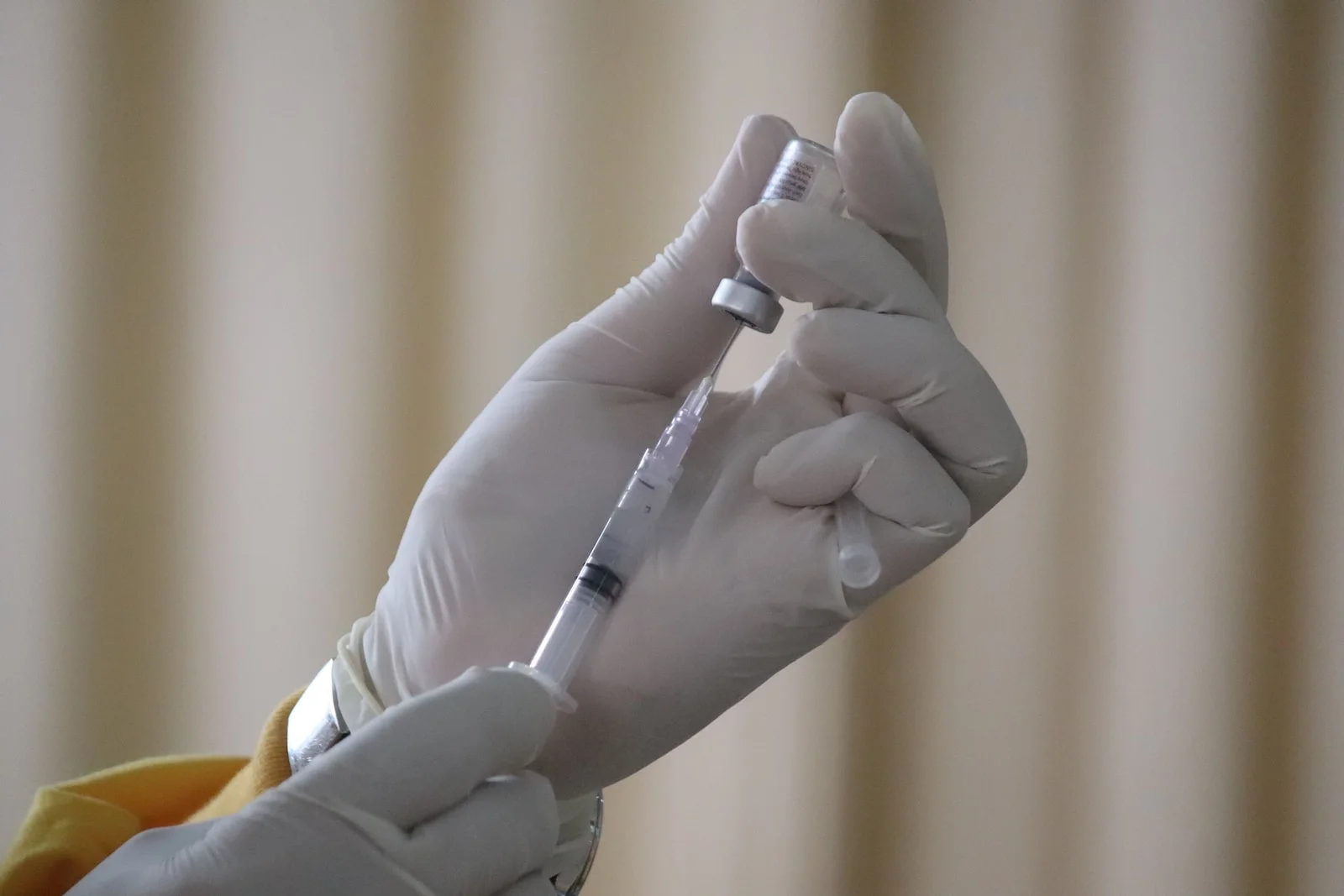UPDATED: OCTOBER 06, 2023 | 1 MIN READ

Pneumonia has a significant impact on public health, causing severe illnesses and even death. This disease, often overlooked, affects thousands every year, and if you don’t heal quickly, it could be fatal.
Vaccination is our best preventive measure, offering protection to individuals and the broader community. By getting vaccinated, we safeguard ourselves and reduce the spread of this potent disease. Discover the importance of getting a pneumonia vaccine.
1. Pneumococcal disease has a high mortality rate
Every year, pneumococcal pneumonia, meningitis, and sepsis claim thousands of lives. Adults aged 65 and older are particularly vulnerable to these conditions.
With a mortality rate hovering around 10% of all patients with invasive pneumococcal disease, according to the Centers for Disease Control and Prevention (CDC), the outlook is grim. Because of this, you should seriously consider getting a pneumonia shot, especially if you’re age 65 or older.
2. Pneumonia can cause complications in more than your lungs
Pneumococcal meningitis doesn’t just stop with your lungs. It can lead to hearing loss, seizures, blindness, and paralysis. Bloodstream infections, another complication, present their own set of recovery challenges.
While the lungs are often the primary target, the ripple effects of this disease touch various parts of the body, including your heart and your brain, emphasizing the need for prevention.
3. Recovering from a pneumococcal bloodstream infection is hard
Bloodstream infections caused by pneumococcal infections are severe and often require a hospital stay. The recovery isn’t quick; many patients face a long road back to health.
This illness doesn’t just affect one’s physical health; it disrupts daily activities, making the return to normalcy a tough journey. That’s why many doctors agree that the pneumonia vaccine’s benefits outweigh recovery challenges.
4. Added protection during flu season
Flu season brings with it more than just the flu. An unfortunate connection exists between the flu and a higher risk of pneumococcal pneumonia. When the flu virus strikes, it can set the stage for a secondary, often more dangerous, pneumococcal infection. This domino effect shows the importance of staying protected, especially during peak flu months.
5. The vaccine comes with potential benefits for your heart and brain health
Beyond its primary purpose, the pneumococcal vaccine might offer unexpected benefits. Some studies hint at its protective effect against certain cardiovascular events.
Additionally, preliminary research suggests that vaccinated people may have a reduced risk of developing Alzheimer’s disease. Although we need more research, vaccination has the potential to benefit both the heart and the brain, making a compelling case for it.
6. Pneumonia vaccines are easy to get
Navigating the world of vaccines can seem daunting, but with pneumococcal disease, it’s straightforward. Two main types of vaccines are available, catering to different needs and age groups.
Moreover, when it’s time for your annual flu shot, you can simultaneously receive the pneumococcal vaccine. This ease and convenience make it simpler than ever to stay protected.
FAQs
How often do you need a pneumonia shot after 65?
After the age of 65, adults should receive at least one dose of the pneumonia vaccine. Typically, adults receive two doses a year apart, though. The specific timing and need for additional doses can depend on one’s health history and the type of vaccine received.
For comprehensive guidance, it’s essential to consult with a healthcare professional or refer to the Centers for Disease Control and Prevention (CDC) guidelines. They provide detailed recommendations on pneumococcal vaccination for adults.
Should everyone over 65 get a pneumonia shot?
The CDC recommends that all adults 65 or older receive the pneumococcal polysaccharide vaccine (PPSV23). Healthcare providers should discuss with individuals whether they need the pneumococcal conjugate vaccine (PCV13).
Those with specific health conditions or weakened immune systems may have tailored vaccination needs. It’s important to consult your healthcare provider for personalized recommendations.
Does Medicare cover pneumonia shots?
Yes, pneumonia shots are covered by Medicare Part B. It covers two separate pneumonia vaccines.
Find health insurance that fits your needs
Health insurance helps you pay for medical necessities, medications, and vaccines. Get the coverage you need today. Fill out our online quote form to compare rates.
Related content: